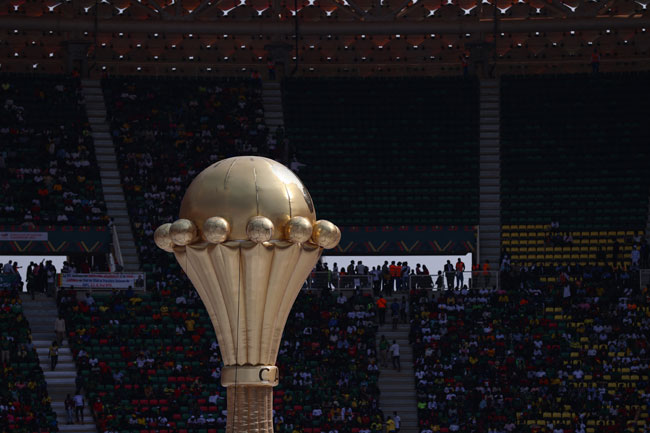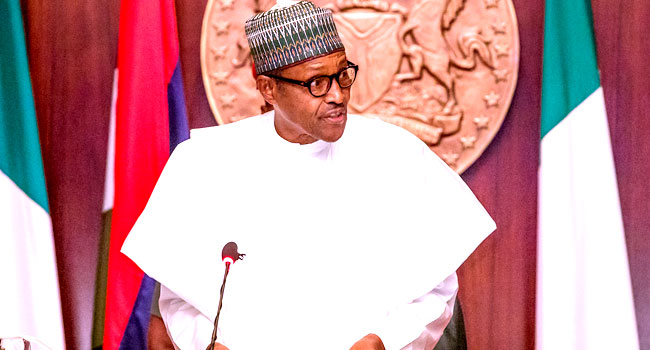
While appearing on flagship breakfast programme, ‘Sunrise’ on Channels Television, he did a review of the efforts of his office which has brought Nigeria notable sporting successes, especially in football with the country’s national teams; the Super Eagles and the Golden Eaglets winning the African Cup of Nations (AFCON) and the FIFA Under-17 World Cup in 2013.
“Before then (the AFCON victory), the entire leadership system around football especially had more or less collapsed. I recall that when I got into the office as Sports Minister, there were 26 court cases on the Nigeria Football Federation alone; all kinds of litigation…so the process of trying to rebuild that system I think played a very significant role in setting us towards that victory.”
“How many Nigerians for example would recall that there was a time we went for an international football competition and the federation did not remember to pack the kits, and they had to put scissors to the long pants to create the jersey for the players.”
“How many people would recall for example that when Nigeria goes for international competitions like that, another delegation from Nigerians would also be arriving at the same time for the sole purpose of sabotaging Nigeria, so that some people don’t take credit for what happens?”
“So the reason we were losing all those years was not because we stopped knowing how to play football, or we no longer had talents. It’s all about management and leadership.”
On what he injected into the system to achieve the success that had eluded Nigeria for 19 years, Abdullahi said that the football federation he has worked with is committed to achieving results. He has been able to envision what is possible and move everyone towards achieving the vision. He also identified the ability to minimize conflicts and friction among administrators, coaches and the players as having played a very huge role in the football successes.
He added that the National Sports Commission he met was working in opposite direction with the then Nigeria Football Federation due to election conflicts and different interests.
The Sports Minister agreed that funding has indeed been a challenge, claiming that he did not know of any government in the world that can fund sports alone. He however added that in Nigeria, even the funds released were not efficiently managed in a way to get the kind of results Nigerians wanted, a situation he said was part of the governance challenges his administration had to deal with.
According to him, after Nigeria’s woeful outing at the London 2012 Olympics, the Federal Government had to analyse the sports sector to identify the major problems and the issue of leadership became top priority, with funding coming next.
He said that the Minister of Finance, Ngozi Okonjo-Iweala was then asked by the President to head a team that had the Sports Minister and a representation of the private sector to work out an independent sustainable funding system for sports in Nigeria. They had the mandate to delink sports funding from the country’s annual budgetary system, and that they are working on.
Mr Bolaji Abdullahi also spoke about the Nigeria Premier League (NPL), the League Management Company (LMC), other sports, coaches’ unpaid salaries, private sector involvement in Nigerian sports and the efforts of his office at making the sector more attractive to sponsorship.




